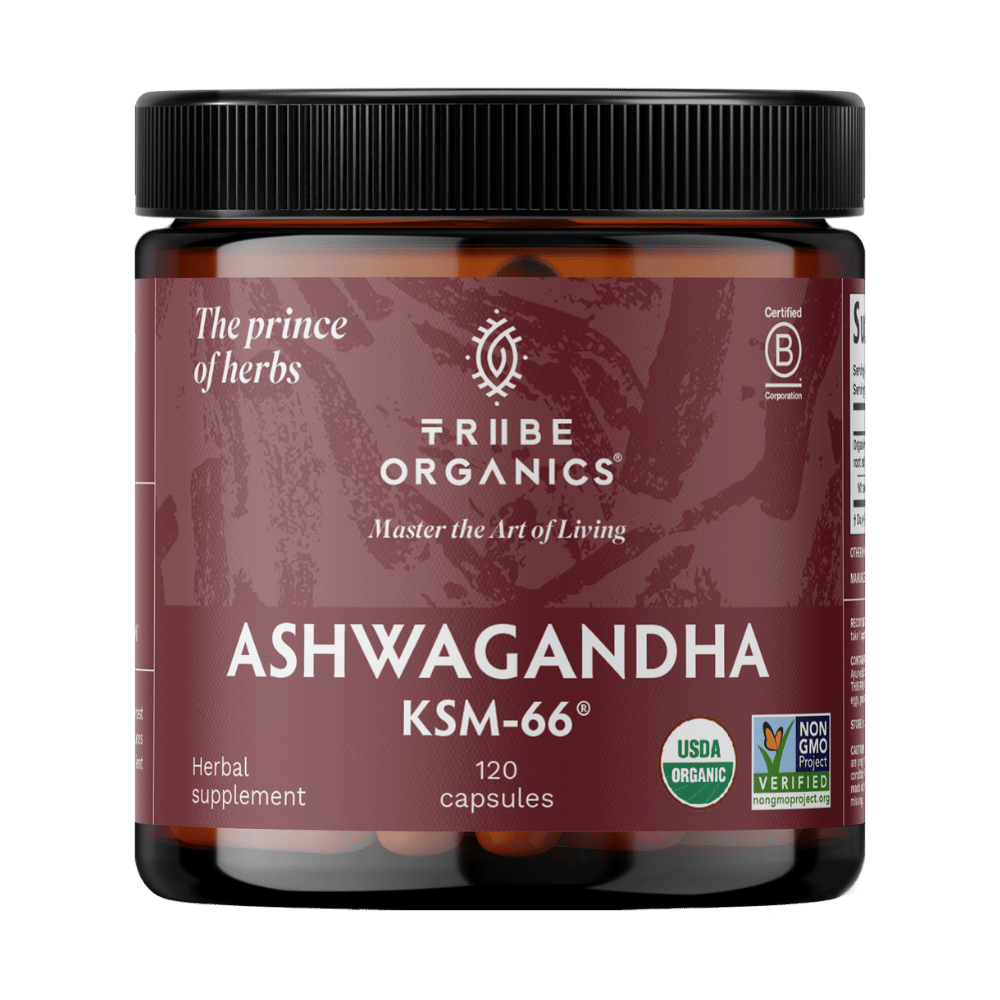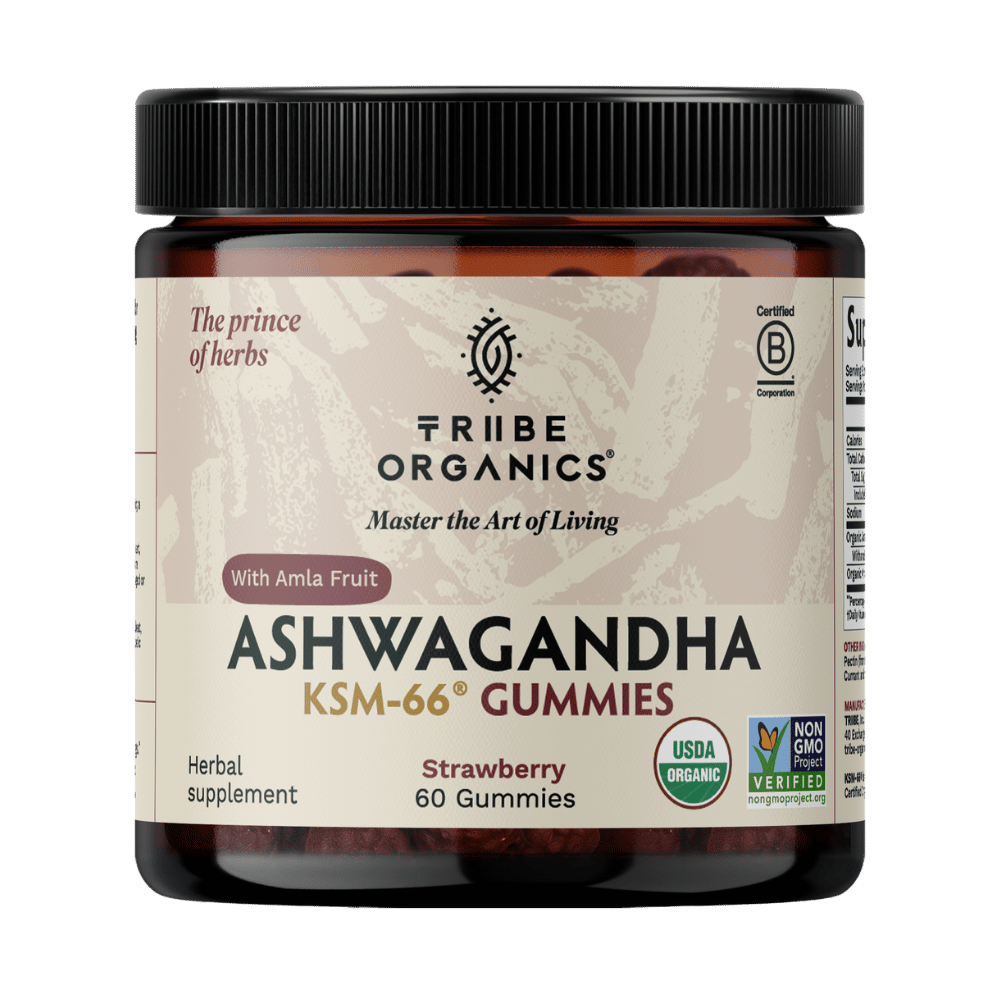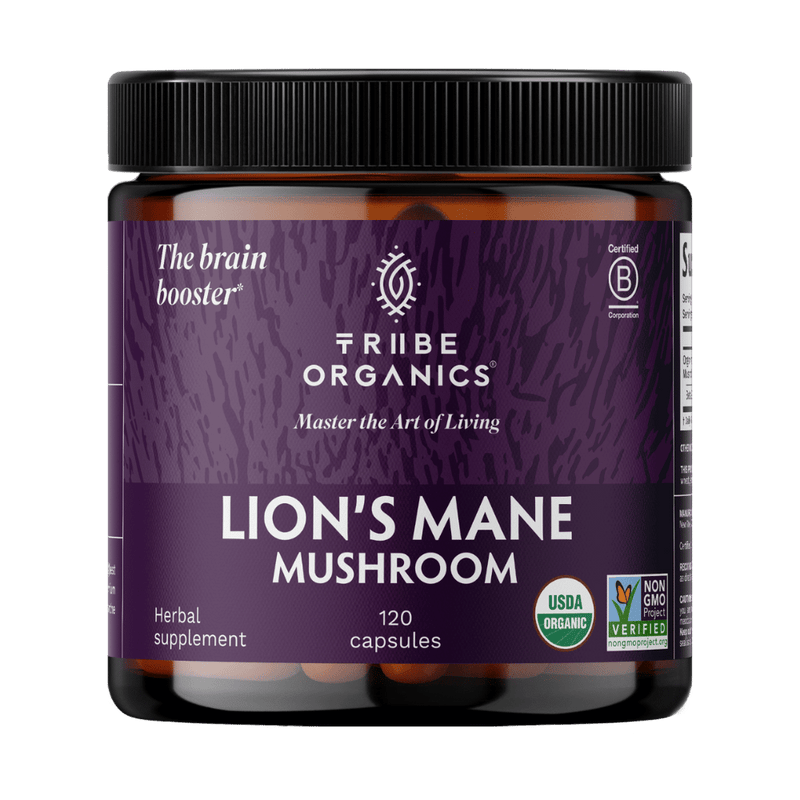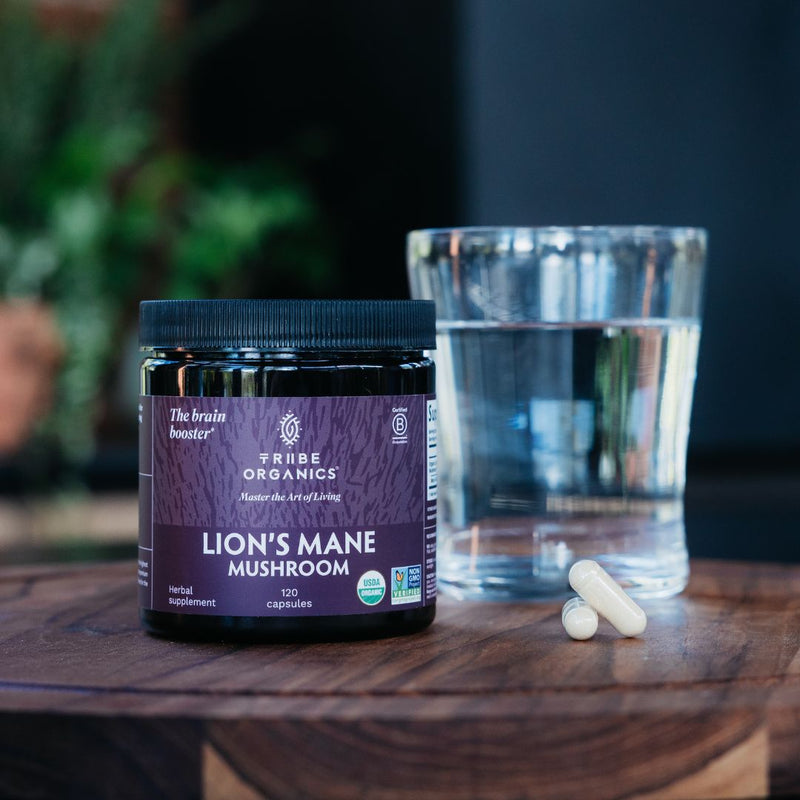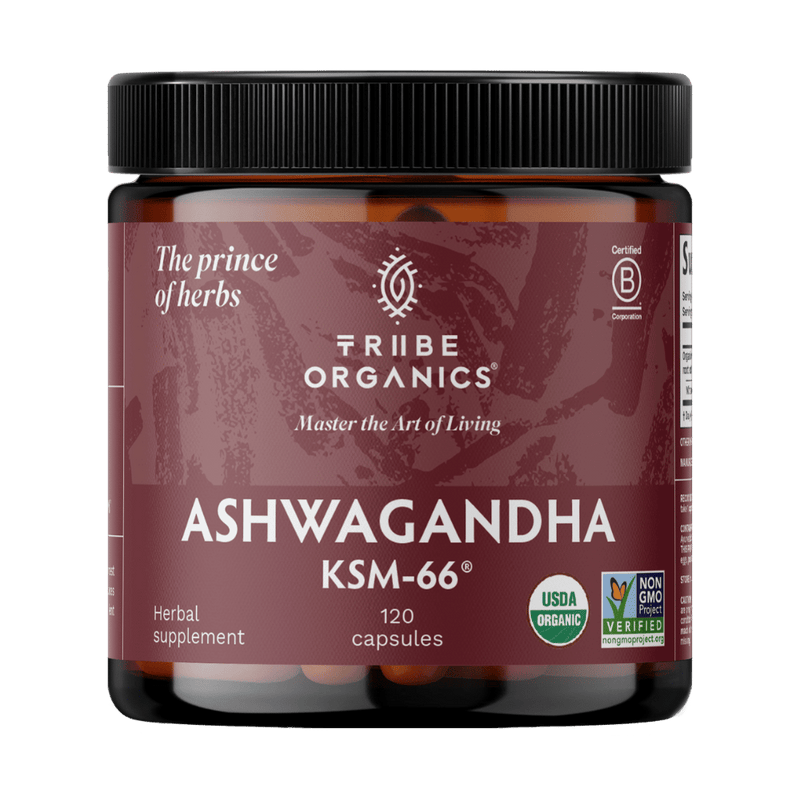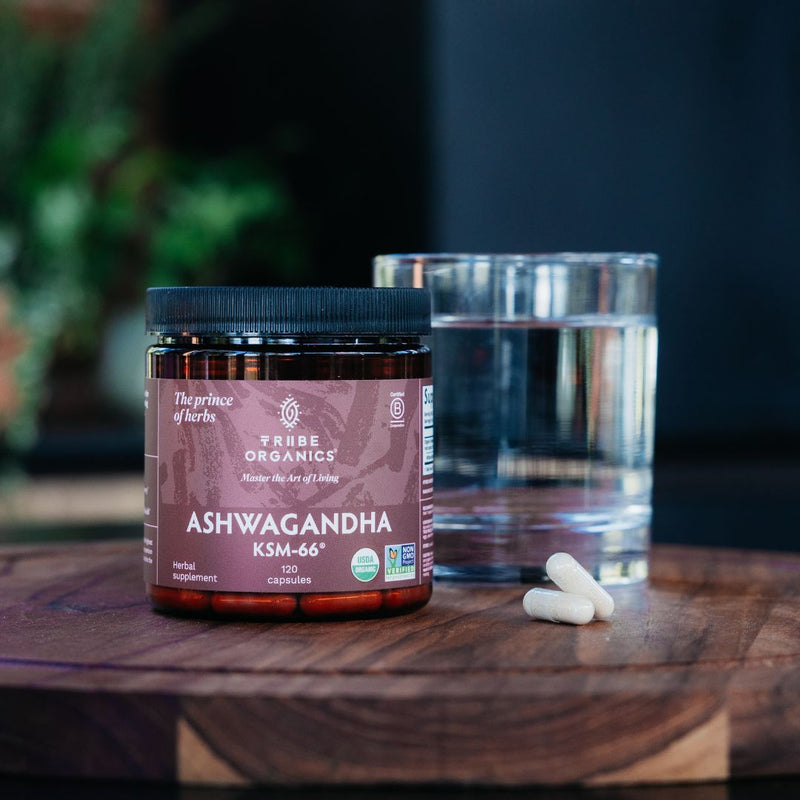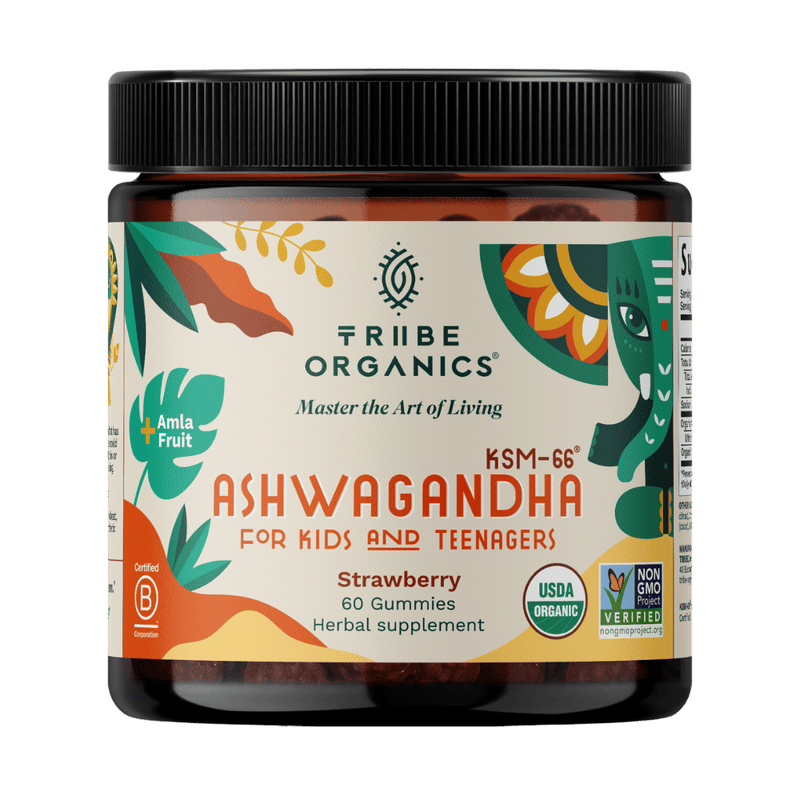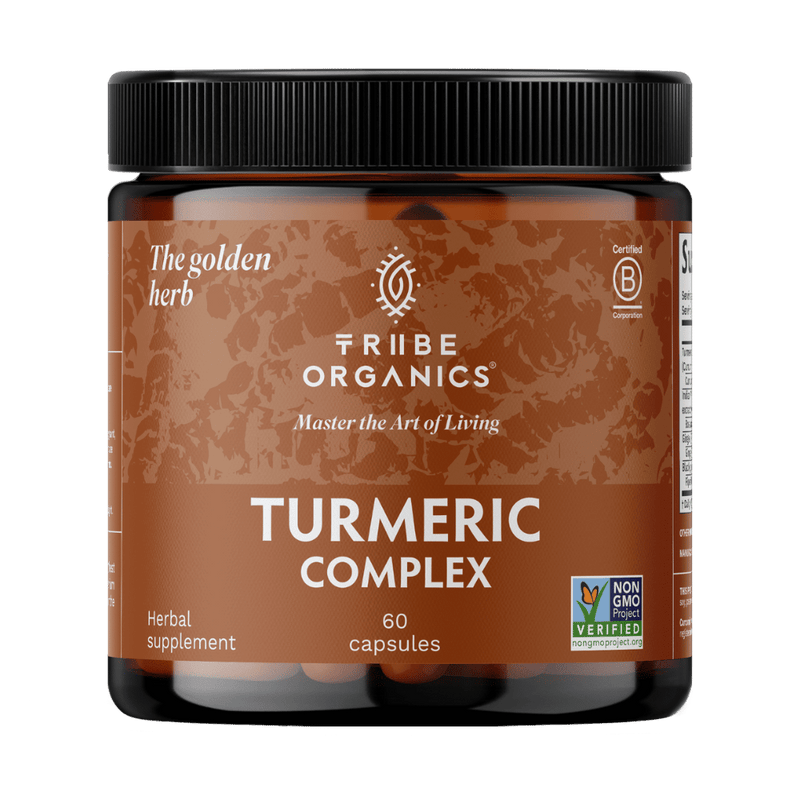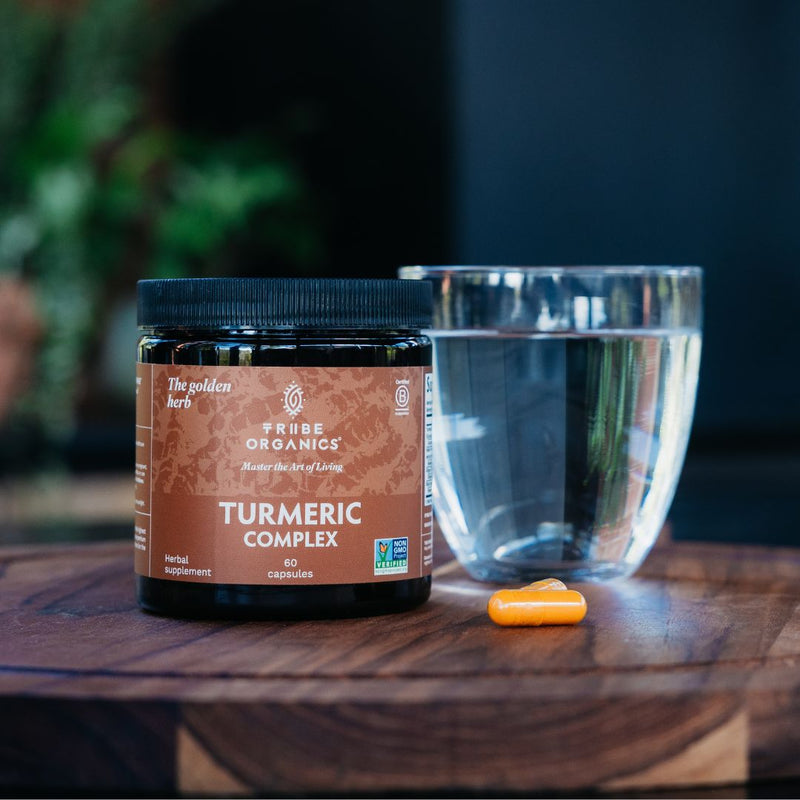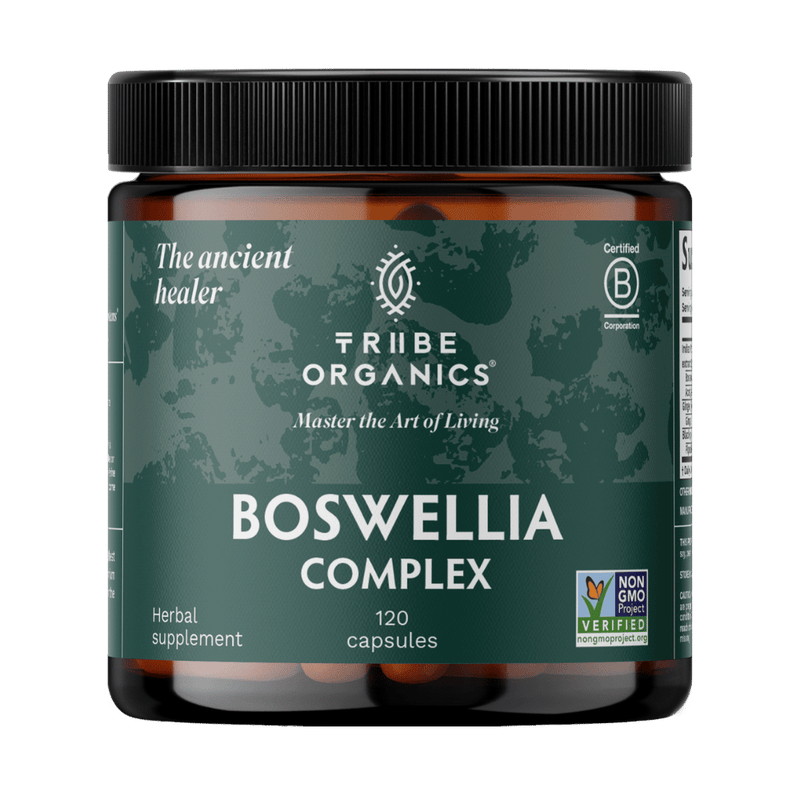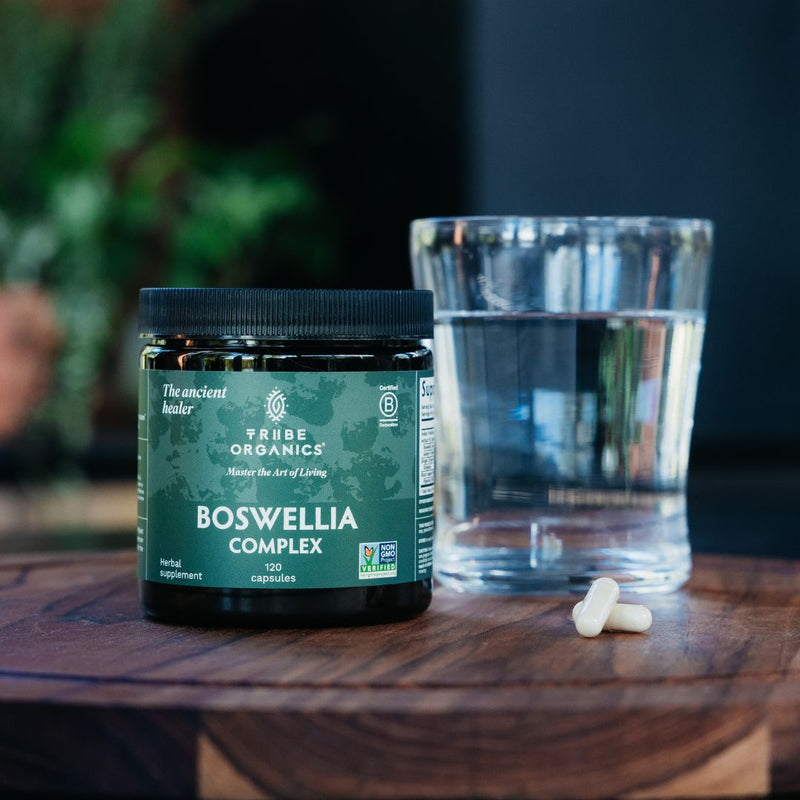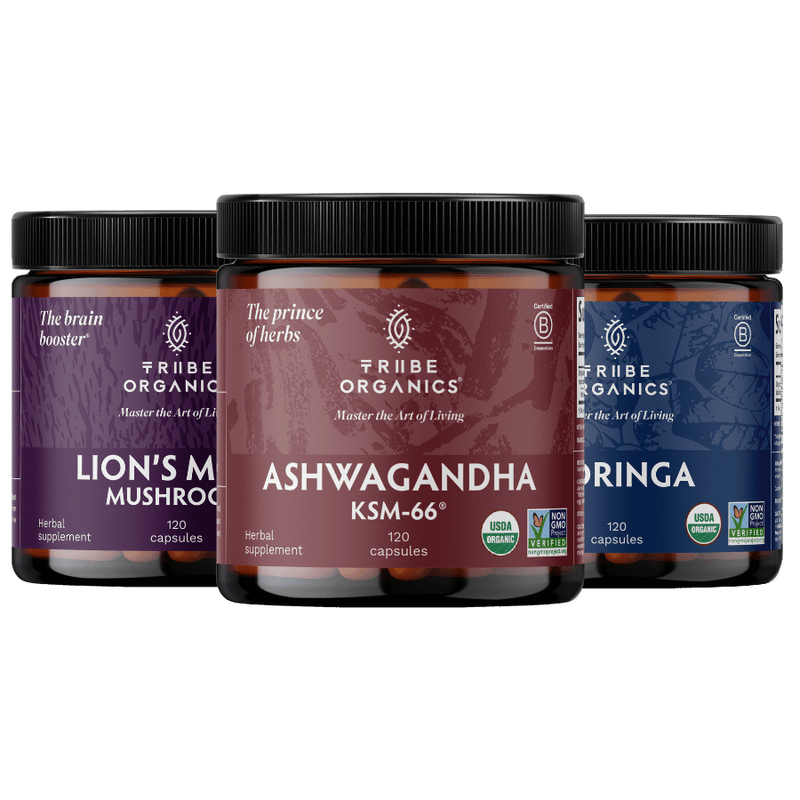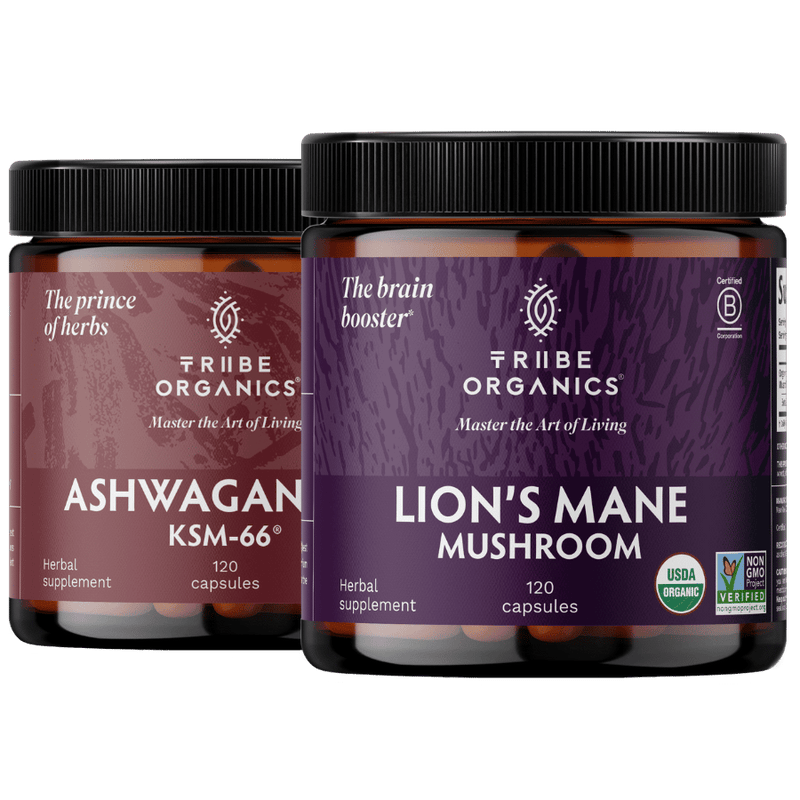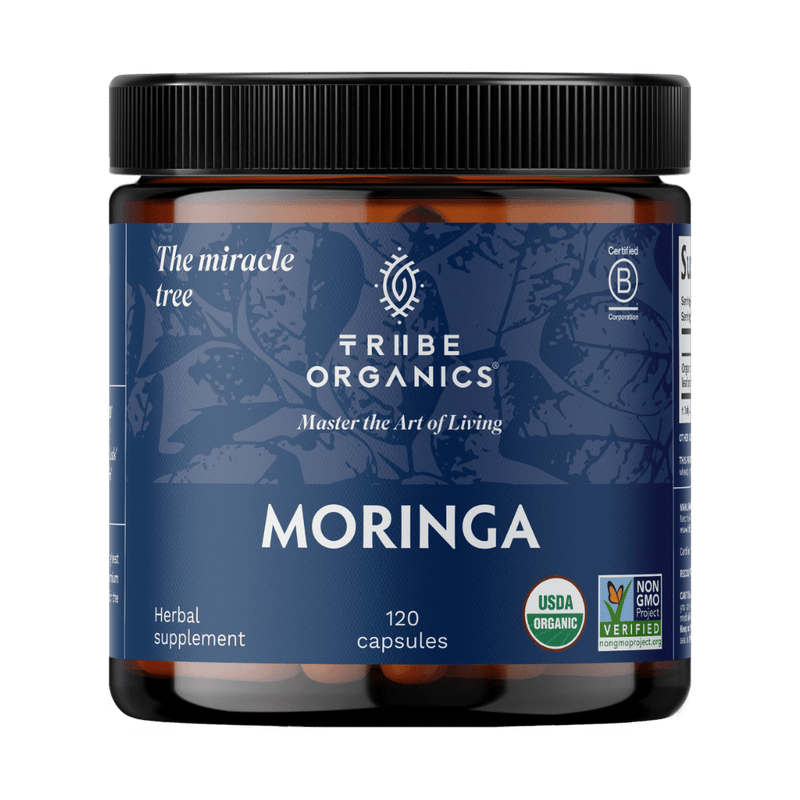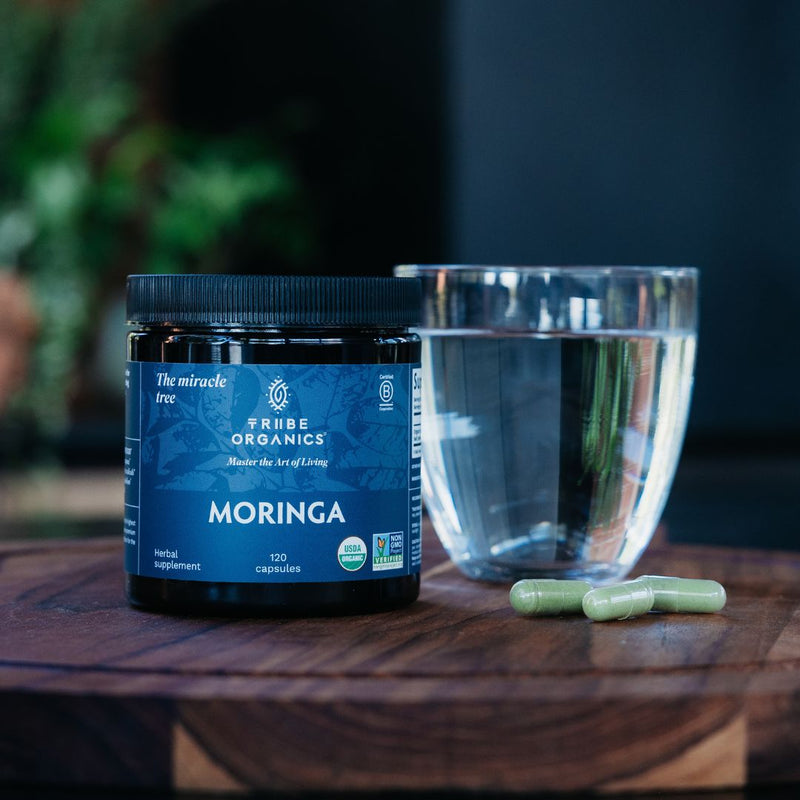Ashwagandha has become one of the most popular dietary supplements in the world of complementary and integrative health, but many users are confused by a simple question: “When to take it?” This ancient herb from ayurvedic medicine, also known as indian ginseng or withania somnifera, or ashwagandha withania somnifera, is a widely used herbal supplement. It has impressive benefits for stress relief, sleep quality and overall wellness—but timing your dose can make a big difference.
Unlike many other dietary supplements that require precise timing, ashwagandha is very flexible. However, understanding the nuances of when to take ashwagandha can help you get the most out of its purported benefits, which are based on traditional use and emerging research. Whether you’re looking for anxiety relief, better sleep or general stress management, this guide will give you evidence based recommendations for the best time to take ashwagandha.
Best Times to Take Ashwagandha
The best news about ashwagandha supplementation is that there’s no wrong time to take it. Research from randomized controlled trial studies show that ashwagandha can be taken in the morning, afternoon or evening depending on your needs and lifestyle.
Consistency trumps perfect timing when it comes to taking ashwagandha supplements. The herb’s adaptogenic properties work best when you take it daily for at least 8-10 weeks, regardless of morning or evening dosing. This is supported by multiple placebo controlled study findings that show participants who took it daily experienced the most improvement in stress levels and sleep quality.
Take with food to optimize absorption and minimize side effects. Ashwagandha should be taken with food to enhance the absorption of its active compounds, especially withanolides, and to minimize side effects such as upset stomach. Food, especially those with some fat, can improve the bioavailability of standardized ashwagandha root extract and help prevent upset stomach that some users experience when taking it on an empty stomach.
Choose your timing based on your goals. While there’s flexibility, your goals should guide your decision. Those looking for general wellness and mental clarity prefer morning dosing, while those focused on stress relief and sleep prefer evening dosing.## Taking Ashwagandha in the Morning
Taking ashwagandha in the morning works well for general wellness, immune support and cognitive enhancement goals. When you take ashwagandha early in the day, especially after breakfast, you may experience improved mental clarity and sustained energy throughout your day.
Non-drowsy wellness routines. Morning dosing integrates well with other dietary supplements and multivitamin regimens. This timing is perfect for users of Sensoril® ashwagandha extract which is specifically designed to provide adaptogenic benefits without the sedative effects that some people experience with other ashwagandha extracts.
Cognitive function and stress hormone regulation. Taking ashwagandha in the morning may help optimize your cortisol levels naturally, support the body’s healthy stress response throughout the day. Research shows that morning supplementation can help maintain the cortisol awakening response which is important for alertness, cognitive performance and managing perceived stress during daily activities.
Prevents sleep interference. Some people find that ashwagandha supplementation, especially with certain extracts, can cause mild drowsiness. By taking your ashwagandha supplement in the morning you avoid any potential disruption to your nighttime sleep while still getting the herb’s stress reducing and adaptogenic benefits.
The recommended approach for morning dosing is to take your standardized ashwagandha root extract with or immediately after breakfast. This timing helps establish a daily routine and ensures optimal absorption and minimal digestive discomfort.
Taking Ashwagandha at Night
Nighttime ashwagandha consumption has gained popularity in integrative medicine circles especially among those looking for natural sleep support and stress relief. Multiple double blind placebo controlled studies have shown that nighttime dosing can improve sleep quality and reduce chronic stress markers when taken consistently for 8-10 weeks.
KSM-66® extract is best for evening use. This specific standardized ashwagandha root extract has been studied in placebo controlled clinical settings for its sleep promoting properties. KSM-66® is derived from ashwagandha root and has higher concentration of specific withanolides that support relaxation and restful sleep. Best time for stress hormone reduction. Taking ashwagandha 1-2 hours before bedtime allows the herb to start modulating stress hormones as your body prepares for sleep. This timing can help reduce evening cortisol levels which often interfere with sleep initiation and quality in people experiencing chronic stress.
Popular in bedtime routines. Many people add ashwagandha powder or capsules to their evening rituals including the trendy “moon milk” recipes that combine the herb with other sleep promoting ingredients. Ashwagandha is often used to promote sleep as part of these bedtime routines, supporting better sleep habits and improving overall sleep quality. This approach aligns with traditional medicine practices and modern sleep medicine recommendations for establishing consistent pre-sleep routines.
Research from the national institutes suggests that evening ashwagandha supplementation may be particularly beneficial for insomnia patients and those who primarily want to improve sleep architecture and reduce nighttime anxiety.
Timing for Specific Benefits
Different health goals require different ashwagandha dosage and timing. Understanding these specific applications can help you optimize your supplementation strategy based on your primary wellness goals. Knowing the right timing can also help you maximize ashwagandha's benefits, such as its adaptogenic properties for stress reduction, sleep improvement, and overall health support.
Stress Relief and Anxiety Reduction
For stress and anxiety, ashwagandha is very flexible in timing. Clinical nutrition research supports 300-600 mg daily which can be taken as a single dose or split between morning and evening. The timing depends on when you experience peak stress and your body’s response to the supplement.
Those dealing with work stress often benefit from morning dosing while those experiencing evening anxiety or stress related sleep issues may prefer nighttime consumption. Some people find that splitting their daily dose—taking half in the morning and half in the evening—provides more consistent anxiety relief throughout the day.
Sleep Improvement and Insomnia Support
Sleep medicine research consistently shows that ashwagandha for sleep support works best when taken 1-2 hours before bedtime. Studies on sleep quality improvements use doses ranging from 250-600 mg of standardized ashwagandha root with participants taking their supplements every evening for at least 8-10 weeks before seeing significant results.
The timing allows ashwagandha’s active compounds to start influencing the nervous system and stress hormone pathways as your body transitions to sleep. This approach has shown promise in randomized double blind placebo controlled trials in healthy adults with sleep difficulties.
General Wellness and Immune Support
Ashwagandha supplements have long been valued in ayurvedic medicine for their ability to support general wellness and strengthen the immune system. Known as Indian ginseng, the ashwagandha plant (Withania somnifera) has been used for centuries to promote vitality, resilience, and overall health. Modern research supports these traditional uses, showing that ashwagandha root extract can help reduce stress levels, improve sleep quality, and enhance mental clarity—all of which are crucial for maintaining a robust immune response.
By helping to regulate the body’s stress response, ashwagandha root can lower chronic stress and anxiety, which are known to weaken immune defenses over time. Improved sleep quality, another well-documented benefit of ashwagandha supplementation, further supports immune health by allowing the body to repair and regenerate. Additionally, ashwagandha’s anti-inflammatory properties may help protect against chronic diseases, including digestive and kidney diseases, by reducing inflammation and oxidative stress in the body.
Incorporating ashwagandha supplements into your daily routine may provide a holistic boost to your well-being. Many users report experiencing anxiety relief, sharper mental clarity, and a greater sense of balance in their daily lives. Whether you’re seeking to reduce stress, support your immune system, or simply enhance your overall vitality, ashwagandha root extract offers a time-tested and scientifically supported option for integrative health.
General Wellness and Immune SupportFor general wellness, morning is usually the most convenient and effective time. Lower doses of 250-500 mg taken for at least one month can support immune function, energy and overall vitality. This timing aligns with other morning supplements and helps establish a daily routine.
Here is a summary of optimal timing for different ashwagandha benefits. The potential benefits of ashwagandha include improved general wellness, immune support, and increased vitality, making it a popular supplement for those seeking overall health improvements:
Health Goal
Recommended Timing
Typical Dose Range
Time to Results
Stress Relief
Flexible (morning or evening)
300-600 mg daily
4-6 weeks
Sleep Support
1-2 hours before bed
250-600 mg evening
8-10 weeks
Anxiety Reduction
Split dose or evening
240-1,250 mg daily
4-8 weeks
General Wellness
Morning with breakfast
250-500 mg daily
2-4 weeks
Factors to Consider
Several individual factors should guide your decision on when to take ashwagandha, making personalization key to optimal results.
Individual sensitivity to drowsiness varies greatly. Some people experience mild sedation from ashwagandha supplements while others feel more alert and energized. Your body’s response should heavily influence your timing choice. If you feel drowsy after taking ashwagandha, evening dosing may be better, while those who feel energized should consider morning consumption.
Extract type matters for timing. Sensoril® ashwagandha extract which combines root and leaf components is specifically designed to minimize drowsiness and is good for daytime use. KSM-66® extract derived from ashwagandha root may have more relaxation effects and is better for evening use.
Meal timing and stomach tolerance affects timing. Taking ashwagandha supplements with your largest meal of the day usually provides best absorption and minimizes digestive issues. If you have stomach upset, taking ashwagandha with food is particularly important.
Interaction with other medications and supplements to consider. If you take thyroid hormone medications, blood pressure medications or other herbal supplements, timing your ashwagandha dose to avoid interactions becomes crucial. Always consult with your healthcare provider about spacing ashwagandha with certain medications. Prolonged or high-dose use of ashwagandha supplements has been associated with rare cases of liver toxicity, so users should monitor for this risk and discuss any concerns with their healthcare provider.
Lifestyle and daily habits matter. Shift workers, frequent travelers and those with irregular schedules may need to adjust standard timing recommendations. The key is to be consistent within your daily routine rather than following strict clock times.
Herbal Supplements and Interactions
When adding ashwagandha supplements to your wellness routine, it’s important to consider how they might interact with other dietary supplements and medications. Ashwagandha, like many herbal supplements, can influence the way certain medications work in your body. For example, taking ashwagandha alongside thyroid hormone medications may affect thyroid function, as supported by findings from double-blind, placebo-controlled studies. This means that individuals with thyroid disorders or those taking thyroid medications should monitor their thyroid levels closely and consult their healthcare provider before starting ashwagandha supplementation.
Additionally, ashwagandha extract may not be suitable for everyone. Those with hormone-sensitive prostate cancer should avoid ashwagandha due to its potential androgenic effects. There have also been rare reports of acute liver injury associated with taking ashwagandha supplements, particularly in individuals with pre-existing liver conditions or those taking other dietary supplements that affect liver function. A systematic review of ashwagandha’s benefits and risks highlights the importance of being vigilant about possible side effects and interactions.
If you are taking other herbal supplements, prescription medications, or have underlying health conditions, always discuss ashwagandha supplementation with your healthcare provider. This is especially important if you are managing chronic conditions, taking medications that affect hormone levels, or are concerned about potential drug-induced liver injury. By staying informed and seeking professional guidance, you can safely enjoy the potential health benefits of ashwagandha while minimizing risks and ensuring that your integrative health approach is both effective and safe.
How Long Until You See Results
Understanding the timeline for ashwagandha benefits helps set realistic expectations and gives the supplement enough time to work. Unlike pharmaceuticals that often provide quick effects, herbal medicine like ashwagandha typically takes weeks to months for optimal results.
You may see initial effects within 2-4 weeks of daily use, especially for stress related symptoms and mood improvements. Early users often report feeling more resilient to daily stressors and better mood before more noticeable changes occur.
Significant sleep quality improvements usually take 8-10 weeks of evening dosing. This timeline is supported by systematic review and multiple placebo controlled study results. Sleep architecture changes including deeper sleep phases and reduced nighttime awakenings become noticeable after this period.
Stress and anxiety reduction becomes apparent after 4-6 weeks of ashwagandha supplementation. Participants in clinical studies often report decreased stress scores and improved stress management within this timeframe.
Maximum benefits usually occur after 2-3 months of consistent use. This extended period allows ashwagandha to fully modulate the hypothalamus-pituitary-adrenal axis and establish new patterns of stress response and hormone regulation.
Individual variables such as biochemistry, baseline stress levels, dosage consistency and underlying health conditions can affect these timelines. Some may see benefits sooner while others may take longer to experience ashwagandha’s full benefits.
Safety Considerations
While ashwagandha has an excellent safety profile for most healthy adults, there are several precautions to be observed to ensure safe and effective supplementation.
Do not use for prolonged periods without medical supervision. Current guidelines recommend not to use ashwagandha for more than 3 months without consulting a healthcare provider. This is because of lack of long term safety data despite thousands of years of use in traditional medicine.Pregnancy and breastfeeding contraindications are absolute. Ashwagandha supplements should never be used during pregnancy as it can cause abortion. Breastfeeding women should also avoid ashwagandha supplementation as there is no safety data available for nursing infants.
Thyroid function monitoring is required for some. Ashwagandha can affect thyroid function and increase thyroid hormone levels. Individuals with thyroid disorders or taking thyroid hormone medications should monitor their thyroid function and consult a healthcare provider before using ashwagandha.
Blood pressure and diabetes medication interactions need to be cautious. Ashwagandha may have additive effects with medications used to treat high blood pressure or diabetes and can cause low blood pressure or blood sugar levels. Consult a healthcare provider before starting ashwagandha if you are taking these medications.
Hormone sensitive conditions present specific risks. Due to its androgenic properties, men with hormone sensitive prostate cancer should avoid ashwagandha. Individuals with hormone sensitive cancers should exercise caution and consult a healthcare provider.
Liver injury, though rare, requires immediate attention. Cases of ashwagandha induced liver injury and drug induced liver injury have been reported although they are uncommon. Stop use immediately and seek medical attention if you experience symptoms like jaundice, dark urine, persistent fatigue or abdominal pain.
Digestive and kidney diseases may be contraindications. Individuals with pre-existing digestive or kidney conditions should consult a healthcare provider before starting ashwagandha supplementation as it may exacerbate certain conditions.
Tips for Consistency
Establishing and maintaining a consistent ashwagandha routine maximizes the herb’s benefits and minimizes the chance of missed doses or irregular supplementation.
Link ashwagandha to your existing daily habits for automatic consistency. Whether you choose morning or evening dosing, connecting your supplement routine to existing activities like breakfast, dinner or bedtime rituals helps you not to forget doses. Many successful users keep their ashwagandha supplement bottle next to their coffee maker or toothbrush as visual reminders.
Set smartphone reminders or use pill organizers to maintain your schedule. Digital reminders can be helpful during the initial weeks as you establish your routine. Weekly pill organizers help you track if you have taken your daily dose and prevent accidental double dosing.Keep a wellness journal to track your symptoms and benefits. Record your sleep quality, stress levels, energy and any side effects so you and your healthcare provider can assess if your current timing and dosage is optimal. This will be especially helpful during medical consultations.
Choose third-party tested products with clear standardization. Look for supplements that specify their withanolide content and extraction method. Reputable brands like KSM-66® or Sensoril® provide consistency in potency and purity for reliable results.
Start with the recommended dose rather than experimenting with higher doses first. Most ashwagandha benefits occur within the standard dosage range and higher doses don’t necessarily provide better or faster results. Following manufacturer guidelines or healthcare provider recommendations helps minimize side effects and allows you to assess your individual response.
Be realistic about timeline and results. Knowing that ashwagandha benefits take weeks to months to develop prevents premature discontinuation and allows the adaptogenic properties to fully kick in. Alternative medicine approaches often require patience compared to conventional pharmaceuticals.
The office of dietary supplements and national center for complementary and integrative health suggests that herbal supplements work best when integrated into overall wellness approaches that include proper nutrition, regular exercise, stress management techniques and good sleep hygiene.
Remember ashwagandha seems to work in conjunction with healthy lifestyle practices rather than replacing them. The best results usually occur when supplement use supports overall wellness rather than being a standalone solution for health issues.
By following these evidence-based timing guidelines and safety considerations you can tap into the traditional wisdom and modern science of ashwagandha to support your health goals safely and effectively.
Shop best sellers
Explore our collection of favorite items that have gained popularity for their quality and satisfaction.

